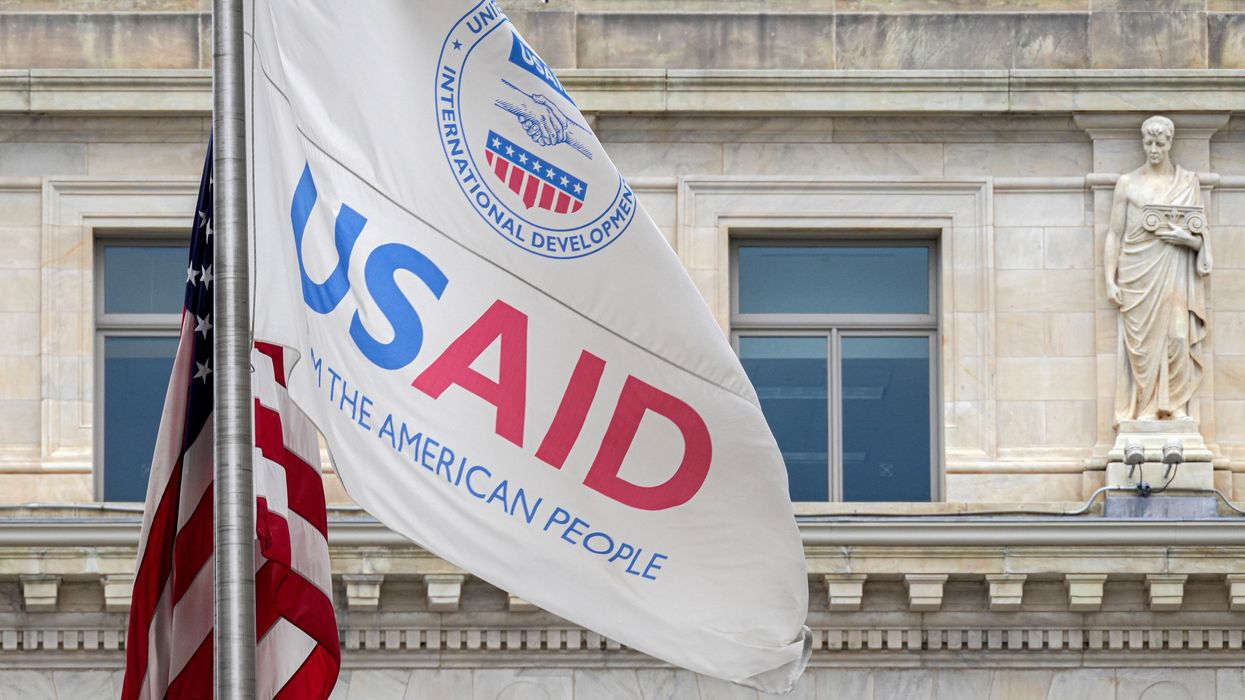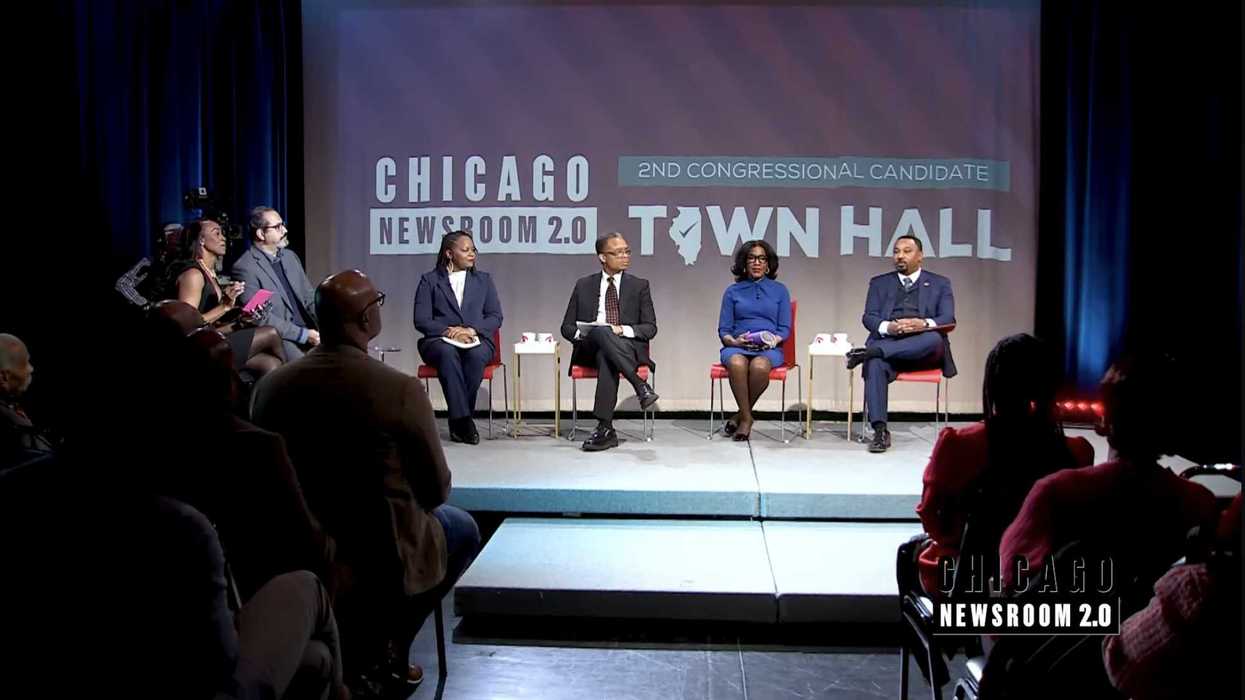In a recent interview, New York Times and Atlantic contributor Peter Wehner did not mince words about President Trump’s dismantling of the U.S. Agency for International Development (USAID) and slashing of funding for the President’s Emergency Plan for AIDS Relief (PEPFAR). “This to me was an act of wanton cruelty,” Wehner said. “You really had to go out of your way to think, ‘How can I kill millions of people quickly, efficiently?’ And they found one way to do it, which is to shatter USAID.”
Wehner is not alone in his outrage. At the 2025 Aspen Ideas Festival, fellow conservative columnist David Brooks echoed the sentiment: “That one decision [gutting USAID] fills me with a kind of rage that I don’t usually experience.”
These are not the words of ideological firebrands. They are the anguished cries of center-right thinkers appalled by what they see as a betrayal of American ideals. Their voices mirror the grief and fury of millions of Americans—Republican and Democrat alike—who still believe the United States has a responsibility to lead with decency and compassion in the world.
And yet, amid the wreckage, a glimmer of hope emerged on July 23. Against the backdrop of President Trump’s proposed fiscal year 2026 (FY26) budget—one that gutted critical global health funding—the House Appropriations Committee pushed back. Quietly, and perhaps improbably, it stood up for life-saving U.S. foreign assistance.
Here are two examples that highlight the significance of this stand.
First, the Committee rejected Trump’s proposal to slash funding for Maternal and Child Health by more than 92 percent—from $915 million down to just $85 million. Instead, the Committee maintained full funding. This isn’t just a budget line; it’s a lifeline. Over the last four decades, programs like USAID’s Maternal and Child Health Account have contributed to a 66 percent drop in global child deaths, from 40,000 a day in the early 1980s to just over 13,000 a day in 2023.
Second, Trump’s budget called for cutting the U.S. contribution to The Global Fund to Fight AIDS, Tuberculosis and Malaria by over half, from $1.65 billion to $800 million. The Committee refused. It provided $1.5 billion. Since 2002, The Global Fund—working alongside PEPFAR and other partners—has saved over 65 million lives.
These victories didn’t materialize out of thin air. They were the result of years—and in many cases, decades—of relentless advocacy. Advocates and global health leaders didn’t just march or post on social media; they went inside and met with lawmakers, educated them, built bipartisan coalitions, and asked for bold, specific action. Here are two examples.
On April 28, 2025, Representatives Brian Fitzpatrick (R-PA), María Elvira Salazar (R-FL), Chrissy Houlahan (D-PA), Ami Bera (D-CA), and Mike Kelly (D-NY) led 160 members of the House in a letter urging appropriators to maintain robust FY26 funding for The Global Fund and PEPFAR.
On May 16, the same two House Republicans, joined by Representatives Sara Jacobs (D-CA) and Jim McGovern (D-MA), led a second letter—this one signed by 128 members—calling for the full funding of Maternal and Child Health programs, Gavi (The Vaccine Alliance), and nutrition initiatives.
This is what democracy looks like: not just resistance but relationship building, not just protest but persistence, all key aspects of transformational advocacy.
Of course, the fight is far from over. The Senate must now finalize its appropriations, and both chambers must agree on a final bill the that president will sign. Even then, the real work continues—ensuring that these funds are implemented effectively and that they reach the mothers, children, and communities who need them most.
But this first step matters. In an era of rising cruelty and retreat from global responsibility, the House Appropriations Committee’s action on global health is not just a policy decision. It is a statement of values—and a signal that, even now, compassion can still find a foothold in our politics.
It is, quite simply, a glimmer of hope.
Sam Daley-Harris is the author of “Reclaiming Our Democracy: Every Citizen’s Guide to Transformational Advocacy” and the founder of RESULTS and Civic Courage. This is part of a series focused on better understanding transformational advocacy: citizens awakening to their power.






















 Mayor Ravi Bhalla. Photo courtesy of the City of Hoboken
Mayor Ravi Bhalla. Photo courtesy of the City of Hoboken Washington Street rain garden. Photo courtesy of the City of Hoboken
Washington Street rain garden. Photo courtesy of the City of Hoboken